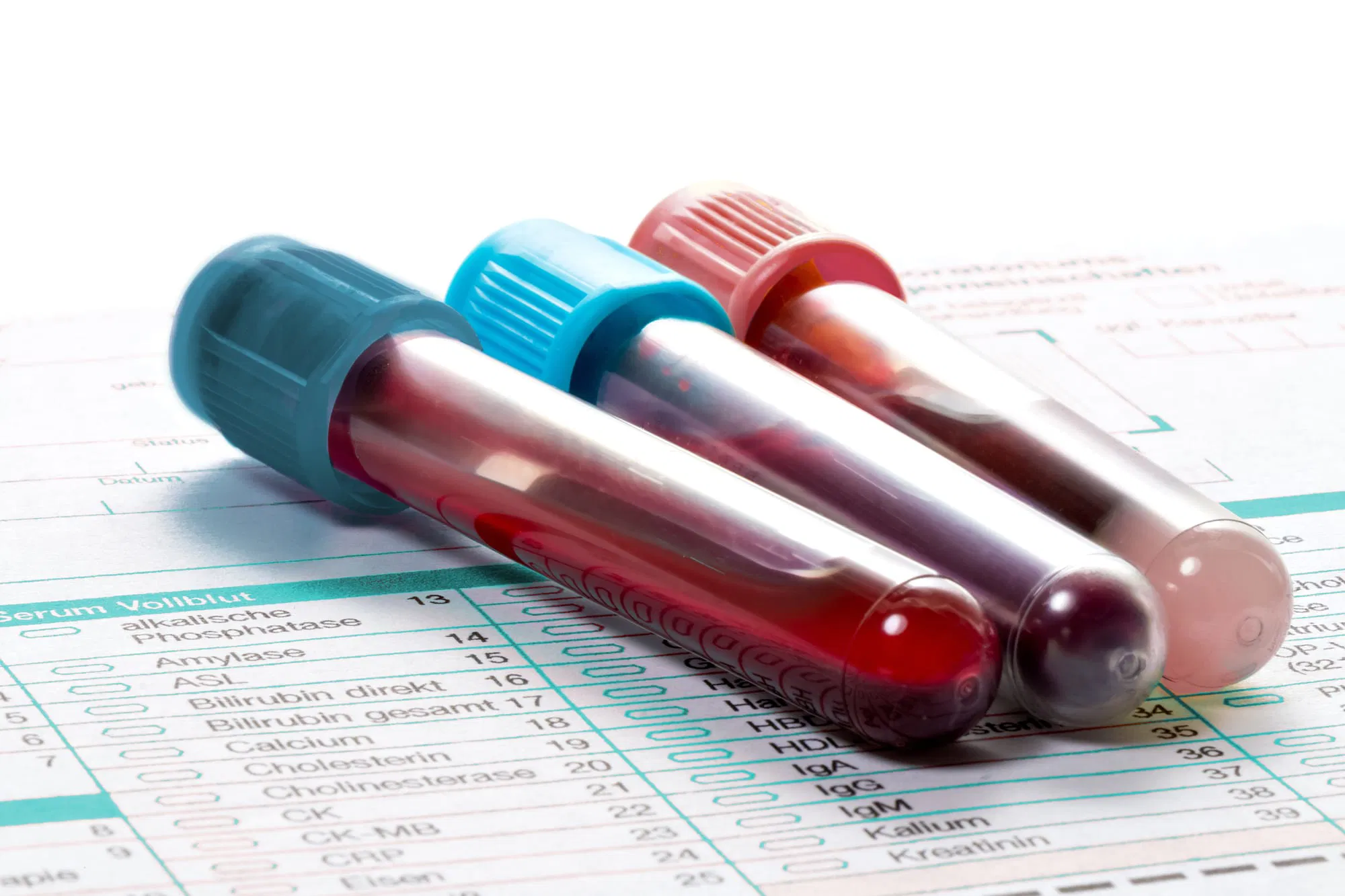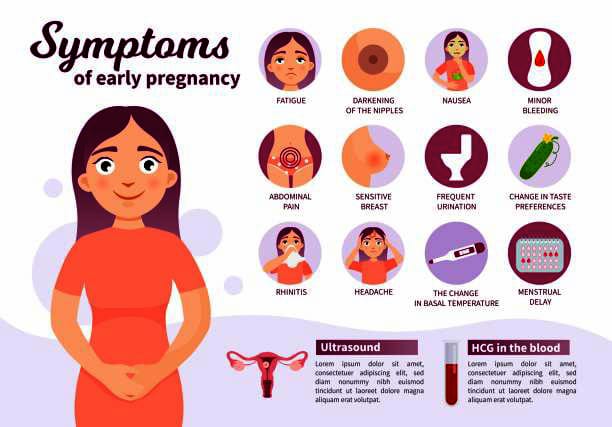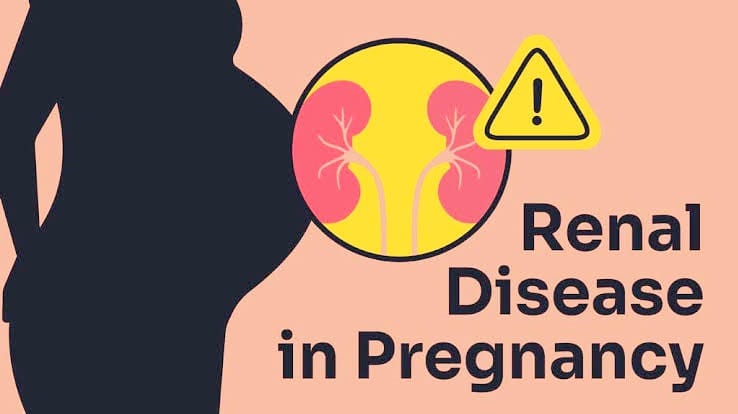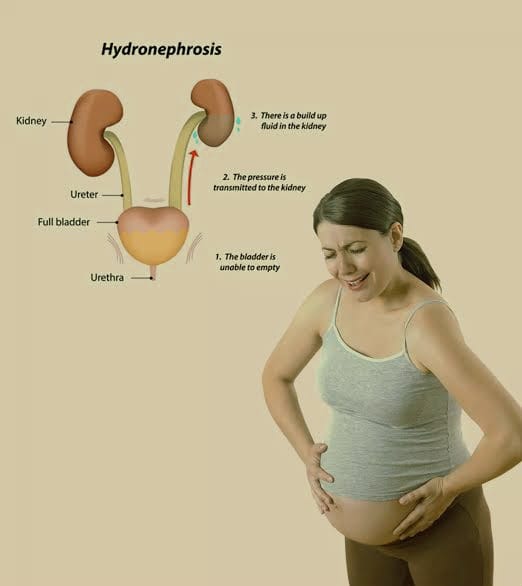High Blood Pressure during 37 Weeks of Pregnancy
Another term for gestational hypertension is probably the most common type of high blood pressure in pregnancy, which can arise at any point during a woman’s pregnancy but is most likely to occur in the second or third trimester.
Causes and risks in high pregnancy
There is not one single cause of gestational hypertension, but among those factors common to all pregnant women are:
Preexisting high blood pressure: a woman already coping with chronic hypertension is more likely to experience gestational hypertension when pregnant.
Obesity: obesity of a pregnant woman makes high blood pressure more likely.
Age: women over 35 are more likely to have gestational hypertension.
Family history: women are more likely to have high blood pressure during pregnancy if they have a family history of it.
Pregnancy with multiples: women pregnant with twins or more are more likely to go on to develop gestational hypertension
Monitoring and intervention
As part of regular monitoring, blood pressure is checked at every prenatal appointment from 20 weeks on for many people. A woman might be diagnosed with gestational hypertension if their blood pressure is high or goes up following the 37th week.
Several measures might be used to treat it:
Lifestyle modification: women dealing with gestational hypertension may be advised to make changes in their diet and activity. This might include changes such as limiting salt intake, keeping a healthy weight, and getting regular exercise.
Medication: in some cases, a doctor may prescribe medicines like calcium channel blockers or angiotensin-converting enzyme (ACE) inhibitors to reduce high blood pressure.
Monitoring: both the mother and the fetus need to be checked regularly for signs of change to ensure the fetus is getting enough oxygen and nourishment.
Risks to the mother and fetus
High blood pressure at 37 weeks in pregnancy: There are a number of ways in which high blood pressure during pregnancy can affect the mother and growing baby:
Preeclampsia: a more severe form of gestational hypertension might develop into preeclampsia. Consequences of preeclampsia may include damage to the kidneys and fluid retention in feet and ankles.
Fetal growth restriction: high blood pressure during pregnancy may restrict blood flow to the baby, slowing growth and development.
Premature delivery: high blood pressure raises the chance of a premature baby. This can bring on health problems for both mother and child.
Fetal distress: not enough growth means that the fetus is not getting enough oxygen. Distress in labor may result.
Summary
Gestational hypertension at 37 weeks of pregnancy is something to worry about. Women should know the risk factors, keep an eagle eye on their blood pressure, and get help if they notice any changes. Early detection and correct care reduce complications for both mother and fetus.







